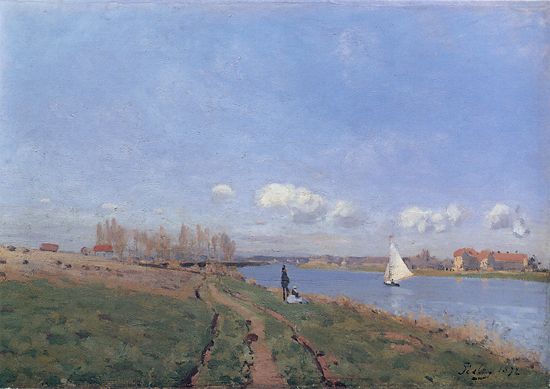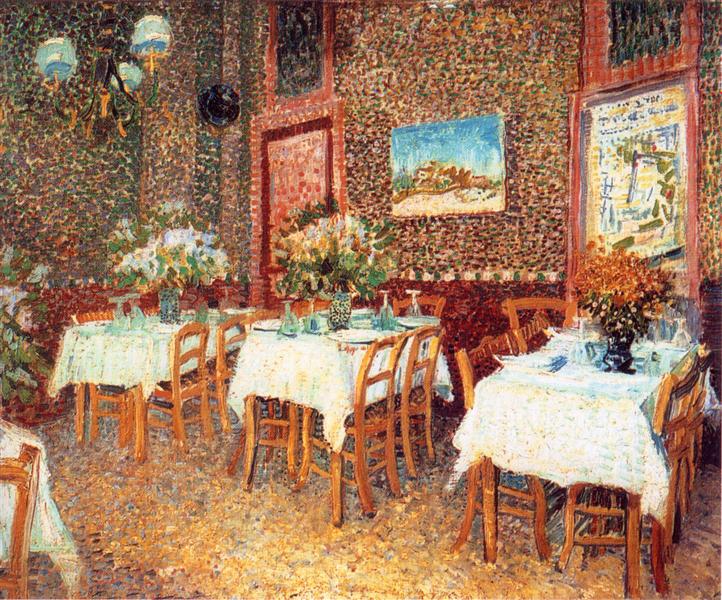 |
| Alfredo Roque Gameiro, Retrato de Sua Mãe, 1904. |
domingo, 29 de julho de 2018
sábado, 28 de julho de 2018
domingo, 22 de julho de 2018
sábado, 21 de julho de 2018
Vice-versa
The type of mind that can understand good fiction is not necessarily the educated mind, but it is at all times the kind of mind that is willing to have its sense of mystery deepened by contact with reality, and its sense of reality deepened by contact with mystery.
Flannery O'Connor, Mystery and Manners — Occasional Prose.
quinta-feira, 19 de julho de 2018
Ideas are dangerous
A few years ago I discovered that my friend Tom was a white supremacist. This put me in a strange position: I am a Muslim and the daughter of immigrants. I am a member of one of the so-called invading groups that Tom fears and resents. He broadcasts his views from his social media accounts, which are a catalogue of aggrieved far-Right anger. One post warns ‘the Muslim invaders to keep their filthy hands off our women’. Another features a montage of black faces above the headline: ‘This is the white race after “diversity”.’ Underpinning this is a desperate resentment of ‘liberal Leftie attempts to control free speech’.
Tom has never mentioned any of these ideas to me; on the contrary, in person he is consistently warm and friendly. He vents his convictions only online, and it seems unlikely that he would ever translate them into violent actions. And yet much the same was once said of Thomas Mair, the 52-year-old from Birstall, a village in northern England, who spent time helping elderly neighbours tend to their gardens, and who in 2016 murdered the pro-immigration MP Jo Cox, while shouting: ‘This is for Britain!’ His actions were found to have been inspired by white supremacist ideology.
James Baldwin was right to say that ideas are dangerous. Ideas force people to confront the gap between their ideals and their manifestation in the world, prompting action. Ideas can prompt change for better or for worse – and often both at the same time. But attempts to create change are always charged with danger: to act in new ways is to erode old limits on our behaviour. In the forging of new territory – and the sense of danger that accompanies it – actions that might once have been deemed excessive can come to seem not merely necessary but normal.
(...)
‘Loneliness is the common ground of terror’ – and not just the terror of totalitarian governments, of which Hannah Arendt was thinking when she wrote those words in The Origins of Totalitarianism (1951). It also generates the sort of psychic terror that can creep up on a perfectly ordinary individual, cloaking everything in a mist of urgent fear and uncertainty.
By ‘loneliness’ Arendt did not simply mean solitude, in which – as she points out – you have your own self for consolation. In the solitude of our minds, we engage in an internal dialogue. We speak in two voices. It is this internal dialogue that allows us to achieve independent and creative thought – to weigh strong competing imperatives against each other. You engage in it every time you grapple with a moral dilemma. Every clash of interests, every instance of human difference evokes it. True thought, for Arendt, involved the ability to put ourselves in someone else’s shoes. True loneliness, therefore, was the opposite. It involved the abrupt halting of this internal dialogue: ‘the loss of one’s own self’ – or rather, the loss of trust in oneself as the partner of one’s thoughts. True loneliness means being cut off from a sense of human commonality and therefore conscience. You are left adrift in a sea of insecurity and ambiguity, with no way of navigating the storms.
Obrigatório ler Nabeelah Jaffer, In extremis.
domingo, 15 de julho de 2018
segunda-feira, 9 de julho de 2018
Uma laranja p'la manhã
With or without jet-lag, I do like to start the day listening to Bach's Well-Tempered Clavier (usually played by Andras Schiff). It provides an orderliness and deep calm which is a good basis from which to start a day which will almost certainly lack those qualities.
O violoncelista Steven Isserlis, no Twitter.


